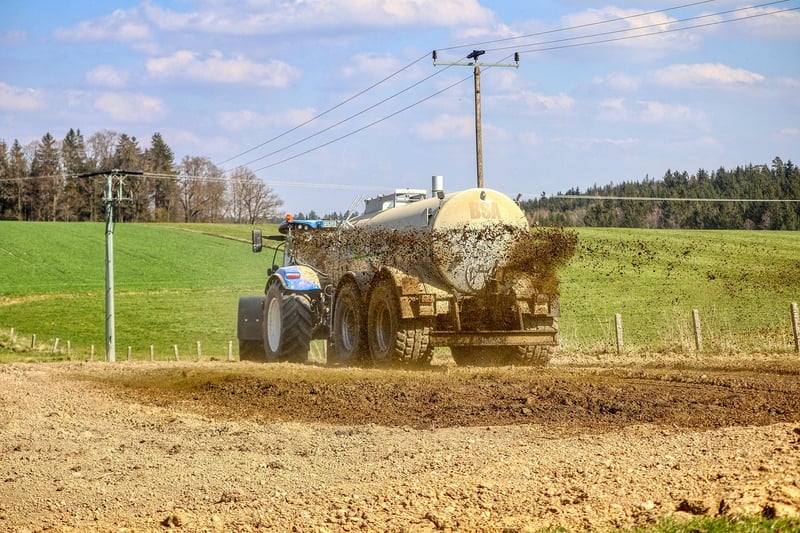Fertilization
Tips for Maintaining Vertical Gardens
Introduction
Vertical gardens are a fantastic way to bring greenery into small spaces and add visual interest to any area. However, maintaining a vertical garden requires some care and attention to ensure your plants thrive in their unique environment. Here are some essential tips to help you keep your vertical garden healthy and beautiful.
1. Choose the Right Plants
When setting up your vertical garden, select plants that are suitable for vertical growth. Opt for varieties that have shallow root systems and are known for their ability to thrive in confined spaces. Some excellent choices include ferns, succulents, herbs, and trailing vines.
2. Provide Adequate Watering
Vertical gardens can dry out more quickly than traditional gardens due to increased exposure to sunlight and wind. Make sure to water your vertical garden regularly, ensuring that the soil remains moist but not waterlogged. Consider installing a drip irrigation system for efficient watering.
3. Monitor Light Conditions
Pay attention to the amount of sunlight your vertical garden receives throughout the day. Different plants have varying light requirements, so position your garden in a location that offers the right balance of light for your chosen plants. Consider using grow lights for areas with limited natural light.
4. Prune and Trim Regularly
Keep your vertical garden looking tidy and prevent overcrowding by pruning and trimming your plants as needed. Remove dead or yellowing leaves, trim overgrown branches, and train vines to grow in the desired direction. Regular maintenance will promote healthy growth.
5. Inspect for Pests and Diseases
Check your vertical garden regularly for signs of pests or diseases. Common issues include spider mites, aphids, and powdery mildew. If you notice any problems, take prompt action to address them, such as using insecticidal soap or neem oil for pests and fungicides for diseases.
Fertilization for Vertical Gardens
The Importance of Fertilizing
Vertical gardens can benefit greatly from regular fertilization to ensure that plants receive essential nutrients for healthy growth. Fertilizers provide plants with nitrogen, phosphorus, potassium, and other micronutrients that may be lacking in the growing medium.
Choosing the Right Fertilizer
When selecting a fertilizer for your vertical garden, opt for a balanced, water-soluble formula that is suitable for a wide range of plants. Look for fertilizers labeled for indoor or container plants, as these are typically well-suited for vertical garden applications.
Application Tips
- Follow the manufacturer's instructions for diluting the fertilizer in water.
- Apply the fertilizer to the soil or growing medium, ensuring even coverage.
- Avoid direct contact with plant foliage to prevent burning.
- Fertilize your vertical garden every 2-4 weeks during the growing season, adjusting frequency based on plant needs.
Organic Options
If you prefer organic gardening practices, consider using compost or organic fertilizers to feed your vertical garden. These natural alternatives provide nutrients to plants while improving soil health and sustainability.
Conclusion
By following these tips for maintaining your vertical garden and implementing a proper fertilization routine, you can enjoy a lush and thriving green space in any location. With the right care and attention, your vertical garden will continue to bring beauty and freshness to your surroundings.

